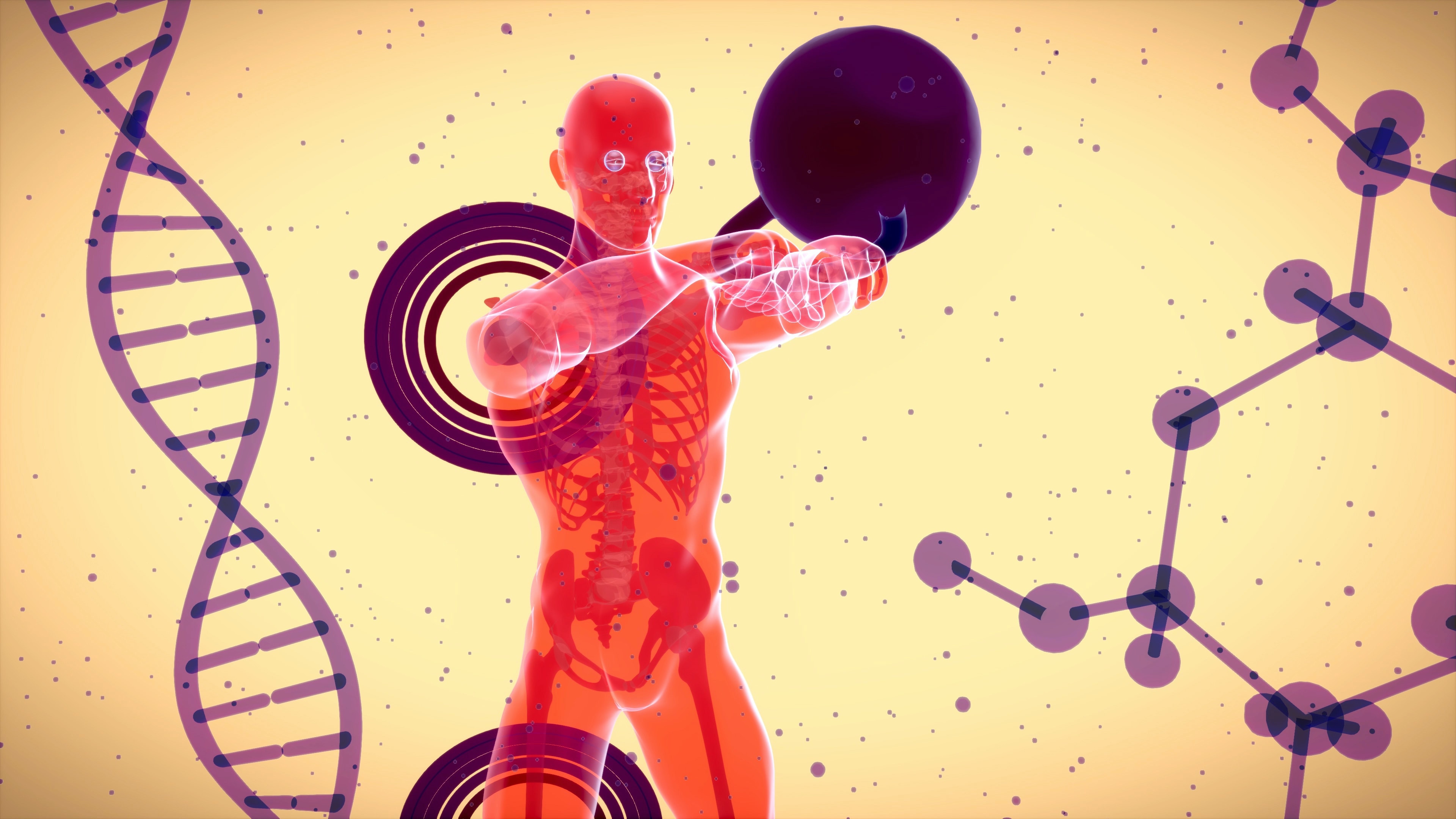Why You Need Ace Nursing Program to Help You Succeed
Nursing is a demanding and challenging profession that requires a range of clinical skills. Whether you’re just starting your nursing education or are well on your way to becoming a registered nurse, it’s important to develop the clinical skills necessary to provide safe and effective patient care. However, mastering clinical skills can be a daunting task. It takes a combination of theoretical knowledge and practical experience to become proficient in clinical skills such as patient assessment, medication administration, wound care, and more. That’s why many nursing students turn to Ace Nursing Program for help with their classes and assignments.
- Communication Skills: Nurses must be able to communicate effectively with patients, families, and other healthcare professionals. Nursing students must learn how to listen actively, use appropriate body language, and respond appropriately to verbal and nonverbal cues. They must also learn how to document patient information accurately and effectively.
- Critical Thinking and Problem-Solving Skills: Nursing students must develop critical thinking and problem-solving skills in order to provide safe and effective care to patients. They must be able to assess patient needs, identify potential problems, and develop solutions. They must also be able to prioritize care based on patient needs and the resources available.
- Technical Skills: Students must learn how to take vital signs, administer medications, perform basic procedures such as dressing changes and wound care, and use medical equipment. They must also learn how to operate electronic medical records systems and other healthcare technologies.
- Patient Care Skills: Nursing students must acquire the skills necessary to deliver caring, patient-centered care. They must acquire the skills necessary to manage pain and discomfort, support patient safety, and offer emotional support to patients and their families. Additionally, they must learn how to treat patients with complex medical conditions and special requirements.
- Teamwork and Collaboration Skills: Nursing students must learn how to collaborate well with other members of the medical staff. They must be able to work together with doctors, therapists, and social workers, among other healthcare specialists. They must also learn how to assign duties and offer assistance to other healthcare team members.
- Professionalism and Ethics: Students of nursing must learn how to uphold the highest moral and professional standards. They must acquire the skills necessary to uphold patient privacy, honor patient autonomy, and deliver care with consideration for cultural differences. They must also be taught to spot and report ethical transgressions or potential patient safety risks.
- Developing Clinical Skills: It takes a combination of classroom instruction and practical experience to develop clinical skills. Hospitals, clinics, and long-term care facilities are just a few of the healthcare settings where nursing students are required to complete clinical rotations. In order to practice and improve their skills, they must also take part in simulations and skill labs.
Why you should hire Ace Nursing Program to help you in your nursing program:
- Personalized Instruction
- Experienced Tutors
- Easy Ordering process
- Comprehensive Support
- Improved Grades
Critical thinking and clinical judgment skills are essential for Baccalaureate Nursing Students as they prepare to enter the nursing profession.
Here are some ways that these skills can be developed:
- Classroom instruction: Baccalaureate nursing programs typically include coursework on critical thinking, clinical reasoning, and clinical judgment. This may involve lectures, case studies, simulations, and other interactive learning activities designed to help students develop these skills.
- Clinical experiences: Clinical experiences provide nursing students with opportunities to apply critical thinking and clinical judgment skills in real-world settings. Under the guidance of a clinical instructor or preceptor, students can practice assessing patients, making clinical decisions, and communicating with healthcare team members.
- Debriefing and reflection: Debriefing and reflection sessions after clinical experiences can help nursing students analyze and evaluate their performance, identify areas for improvement, and develop strategies for future practice.
- Use of technology: Nursing students may use technology such as electronic health records, clinical decision support systems, and simulation software to practice and develop their critical thinking and clinical judgment skills in a safe and controlled environment.
- Collaboration and teamwork: Collaborative learning activities, group projects, and interdisciplinary experiences can help nursing students develop communication and teamwork skills that are essential for effective critical thinking and clinical judgment.
- Mentoring and feedback: Clinical instructors, preceptors, and nursing faculty can provide guidance and feedback to nursing students to help them develop their critical thinking and clinical judgment skills. Regular feedback and mentoring can help students identify areas for improvement and continue to develop these skills throughout their nursing education.
Baccalaureate Nursing Programs can help prepare nursing students for successful nursing practice. Ace Nursing Program is the ideal solution for nursing students seeking to improve their clinical skills and succeed in their nursing education. Contact us today to learn more about how we can help you achieve your goals.


